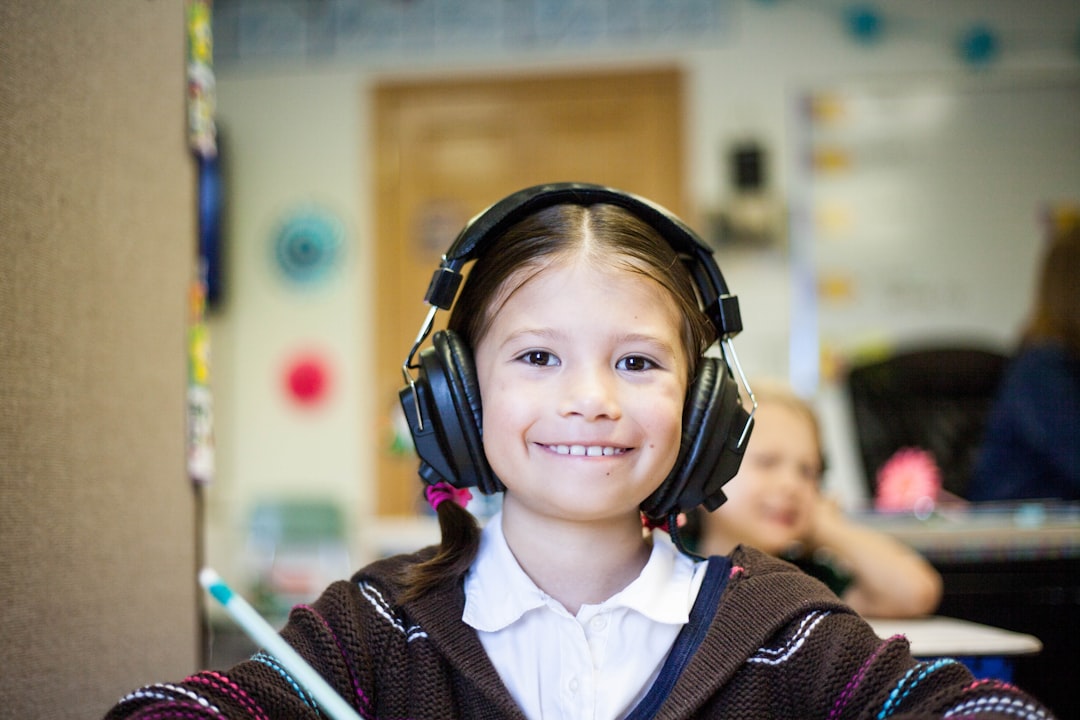What is it about?
Knowledge about the personality determinants of individual peacefulness can provide a foundation for the creation and improvement of peace education programs by enabling peace educators to identify and potentially influence those determinants. The article identifies specific person factors that influence peacefulness in the intrapersonal, interpersonal, and intergroup domains of individuals’ lives. Evidence is presented for the importance of problem-solving ability, conflict resolution competencies, affect regulation, mindfulness, identification with humanity, self-efficacy beliefs, perspective-taking tendency, concern for others, universalism vs. power values, rejection of revenge norms, belief in the efficacy of peaceful actions, and hope for peace.
Featured Image

Photo by Jonathan Meyer on Unsplash
Why is it important?
Given the importance of promoting the development of peaceful people, psychologists and educators should create peace education programs that target the psychological determinants of peacefulness. Personality determinants of peacefulness have been identified, and efforts have begun to create educational interventions such as social and emotional learning programs that
Perspectives
The article should be of interest to researchers investigating determinants of peacefulness in individuals and to educators interested in fostering the development of peaceful people.
Linden Nelson
California Polytechnic State University
Read the Original
This page is a summary of: Identifying determinants of individual peacefulness: A psychological foundation for peace education., Peace and Conflict Journal of Peace Psychology, May 2021, American Psychological Association (APA),
DOI: 10.1037/pac0000517.
You can read the full text:
Contributors
The following have contributed to this page










